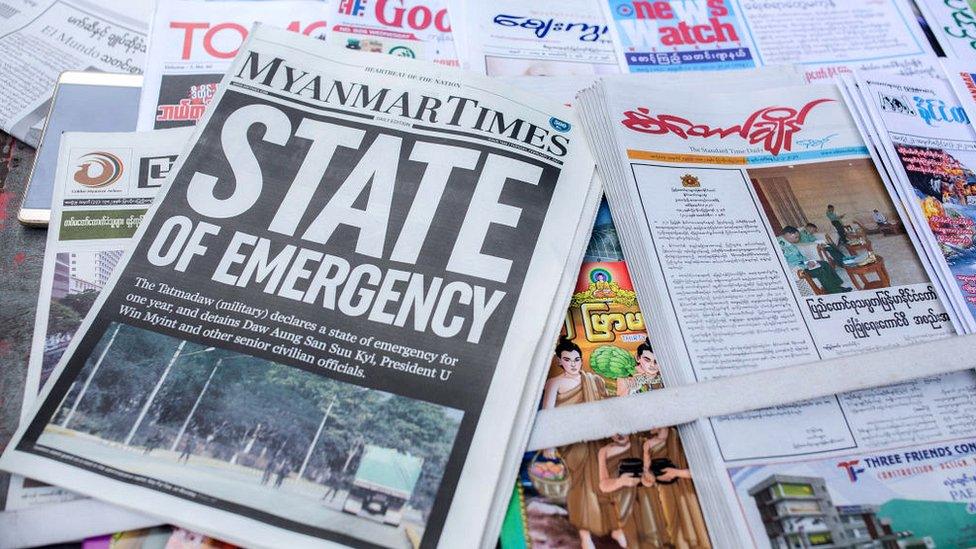Burma: UN warning as death toll soars in Rakhine state
- Published
The BBC's David Loyn says the violence looks like ethnic cleansing
The UN has warned that Burma's reform programme could be put at risk by continued communal violence in the western state of Rakhine.
An official said 64 people had been killed in violence this week between local Buddhists and Muslim Rohingyas - revising down figures he gave earlier.
Thousands of homes have been destroyed as clashes spread across the state.
This is the first serious outburst of violence since June, when a state of emergency was declared in Rakhine.
At that time deadly clashes claimed dozens of lives and thousands of people were forced to flee their homes - many are yet to return.
A local journalist told BBC Burmese the current situation was unclear and that the death toll may yet rise again as reports of killings come in from remote areas of the state.
Volatile atmosphere
The BBC's Jonathan Head in Bangkok says that the statement by the UN is the strongest yet on the unrest which has gripped the state since June.
It warns the government that all its impressive progress on reforming Burma's authoritarian political structures could be undone by the damage caused to the country's social fabric if the unrest cannot be stopped, our correspondent says.
"The vigilante attacks, targeted threats and extremist rhetoric must be stopped. If this is not done... the reform and opening up process being currently pursued by the government is likely to be jeopardised," the statement from Secretary General Ban Ki-moon's office said.
But the atmosphere across the state remain volatile, witnesses say, with groups of Rakhine Buddhists and Muslims launching vigilante-style attacks against one another.
On Friday six towns were hit by clashes and a night-time curfew is in place in several locations including Min Bya and Mrauk Oo where the latest spate of violence began.
It is unclear what prompted the latest clashes. The Rakhine Buddhists and Muslims, believed to be mainly Rohingya, blame each other for the violence.
In Bangladesh, border officials said they believed several boats with Rohingyas on board were waiting to try to cross the river from Burma. One official said 52 Rohingyas had been sent back in the last few days.
June violence
It was the rape and murder of a Buddhist woman by three Muslims in May that set off the initial unrest.
A mob later killed 10 Muslims in retaliation, although they were unconnected with the earlier incident, and the violence escalated after that.
In June, about 90 people were killed as clashes spread across the state.
The houses of both Buddhists and Muslims were burnt down and thousands of people fled. Muslims throughout Burma have abandoned plans to celebrate the festival of Eid al-Adha because of the violence.
There is long-standing tension between the ethnic Rakhine people, who make up the majority of the state's population, and Muslims, many of whom are Rohingya and are stateless. The Burmese authorities regard the Rohingya as illegal immigrants and correspondents say there is widespread public hostility to them.
In August Burma set up a commission to investigate the violence between Buddhists and Muslims in the west of the country. Authorities earlier rejected a UN-led inquiry.
- Published22 October 2012
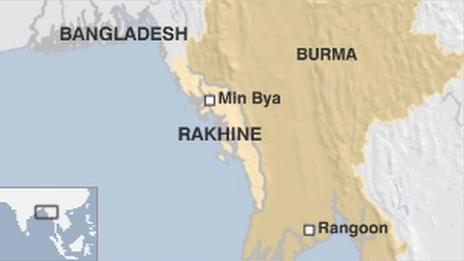
- Published15 October 2012
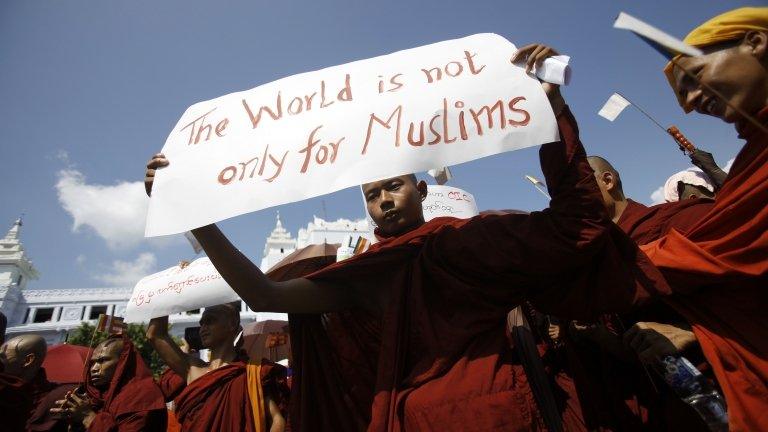
- Published3 July 2014
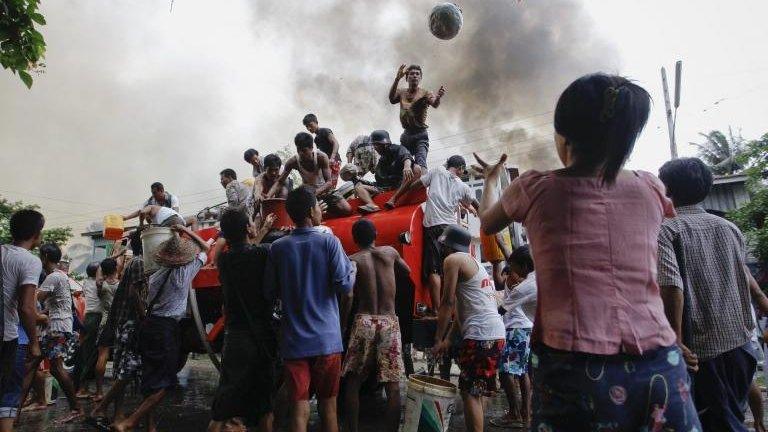
- Published23 July 2012
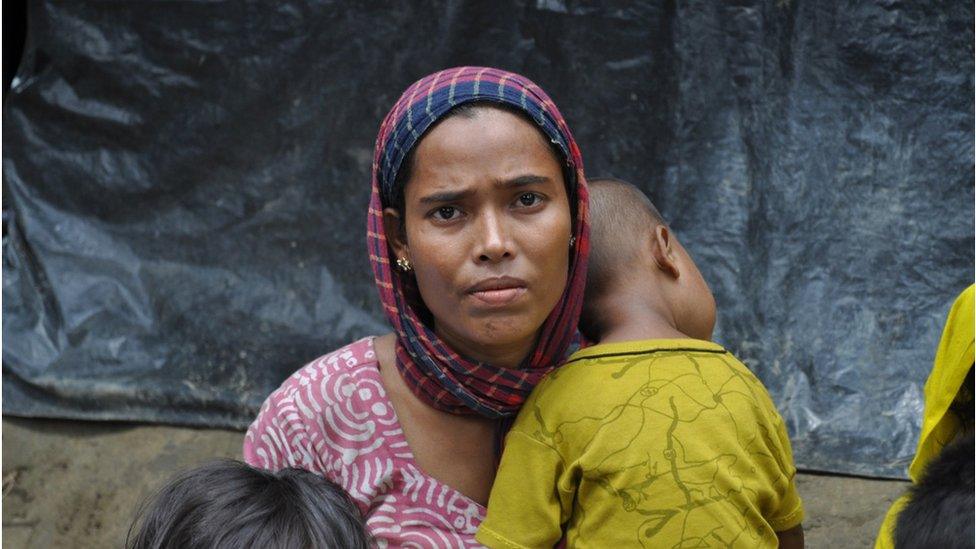
- Published19 May 2023
